
Open Banking: Still The Next Big Thing
As open banking expands, consumers and companies stand to enjoy lower fees, greater ability to leverage their financial data: if they can control the risk of stolen or misused data.

COP 27 comes at a critical time. The world is facing immediate and significant challenges. Not only has the last seven years been the warmest on record, but the Russian-Ukraine War has created serious cereal and foodstuff shortages for numerous countries, including many in Africa, and the sharp rise in energy prices have impacted costs, people’s incomes, and growth. Geopolitical risk has focused more attention on climate change.
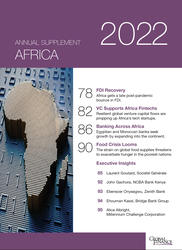
Africa is witnessing an unprecedented rebound in foreign investment with opportunities in fintech at the forefront. At the same time, the war in Ukraine is causing a crisis in food prices that are hitting the poorest Africa nations the hardest.
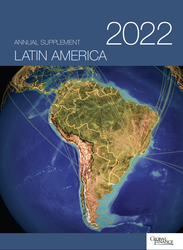
While most of the developed world enjoyed record levels of economic activity on the back of supportive central bank policies last year, Latin America and the Caribbean navigated a very different scenario. With a toxic combination of currency devaluation, high inflation and persistent unemployment, the region seems to have taken the brunt of the pandemic crisis, struggling to stage a complete rebound from 2020.

The impact of COVID-19 and the 50% drop in oil prices since the pandemic struck will challenge all of the economies in the Middle East region. Travel restrictions and a simultaneous drop in domestic and external demand are hitting the region hard. There are bright spots, nonetheless, and reasons to expect this part of the world to remain resilient, with help from strong foreign exchange reserves in the big oil-producing countries.
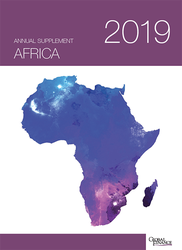
It has been called the largest infrastructure plan of all time, with projects involving 68 countries, 65% of the world’s population, and over 40% of global GDP, passing through Central Asia and Russia. And all this with pledges of over $100 billion from China alone.

Tighter fiscal policies and oil-output cuts agreed to by the Organization of Petroleum Exporting Countries (OPEC), plus Russia, could cause economic growth in the Middle East region to slow this year. Favorable demographics will underpin long-term growth in the decades ahead, but productivity gains will be slow, economists say. Despite efforts to diversify their economies, the Arab Gulf countries will remain reliant on their oil and gas sectors for years to come.
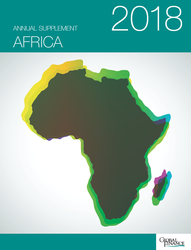
The African continent contains some of the fastest growing economies in the world. Collectively, growth in Sub-Saharan Africa alone is projected to climb to an average 3.6% in 2019–20, up from 3.1% in 2018, according to the World Bank. Yet it is also home to many of the poorest countries, with the lowest GDP per capita. With its fast-growing population, rapid urbanization, and expanding middle class, the potential for further economic growth in Africa is enormous. But there remain many barriers to realizing anything near the continent’s full potential.

From AI to robotics to virtual desktop assistants, a host of new technologies promise to make the treasurer’s life easier.
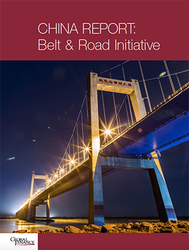
China's ambitious, transnational infrastructure plan involving 68 countries and hundreds of billions of dollars in loans and investments promises to transform the Eurasian landmass.

Across the Middle East, where more than half of the population is under the age of 24, educational systems are strained and unemployment rates are high. Even in the oil-rich Gulf, fiscal pressures from lower hydrocarbon revenues are forcing governments to cut back on the largesse their citizens have come to expect.
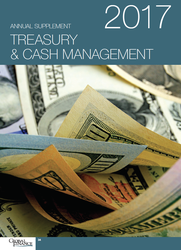
A tsunami of technological progress is forcing risk-averse corporate finance executives to confront changes in the environment.

The Middle East has faced numerous economic and political challenges in the last few years, but to its credit, it has weathered them reasonably well. That is due in part to the considerable oil wealth that characterizes countries throughout the region; although lower oil prices in the last two years have significantly impacted fiscal revenues, particularly in the larger more-oil-dependent economies such as Saudi Arabia.
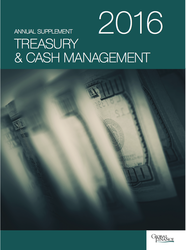
Our annual overview of the treasury and cash management market gets into the details of regulation and compliance, cross-border payments, treasury technology innovations, know-your-customer rules and more. But we want to step back from the trees and look at the forest, too. So we reached out to some friends.

As volatile currencies toy with the bottom lines of global companies, corporate treasurers are paying a lot more attention to foreign exchange.
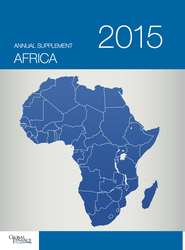
The real question for Africa now is not so much about past economic performance but about what’s coming next.
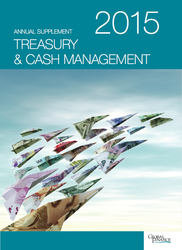
An exclusive ranking of Global Cash 25; the most liquid companies in the world. Coverage of the new regulations for cash management, development in correspondent banking, and Who's Who in TCM.
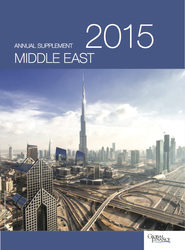
With a broad-ranging project such as Global Finance’s annual Middle East supplement, success means providing clear insights and stripping away layers of confusion and misunderstanding.
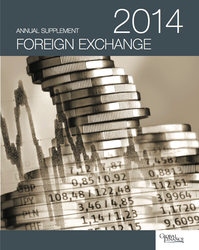
Many dyed-in-the-wool foreign exchange traders lament the regulatory changes sweeping the industry more than six years after the global financial crisis. The market has become too boring for them. In the US, the Volcker Rule has caused banks to shut down their proprietary trading desks, while provisions of the Dodd-Frank Act are causing big FX banks to stop making markets in currencies and to act simply as agents for their customers.
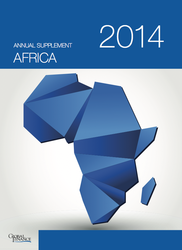
Though Africa has experienced impressive growth for well over a decade now, domestic markets and intraregional economic relations have remained constrained, with national economies driven primarily by mounting foreign demand for the continent’s natural resources and commodity exports.
Today, however, things appear to be changing.